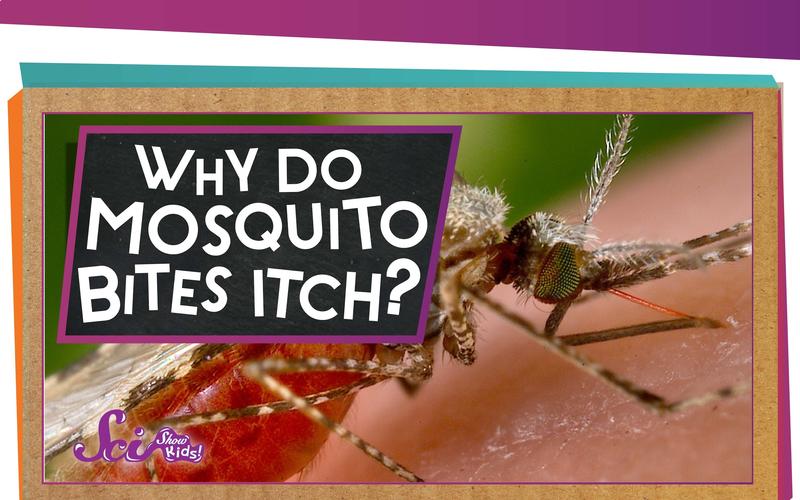
Understanding the Differences: Mosquito Bites vs. Spider Bites
Have you ever found yourself scratching at an itchy spot on your skin, only to realize it’s either a mosquito bite or a spider bite? While both can cause discomfort, there are several key differences between the two. Let’s delve into the details to help you distinguish between these two common pests.
Size and Appearance
Mosquito bites are typically small, red, and can be found in clusters. They often appear on exposed skin, such as your arms, legs, and neck. On the other hand, spider bites are usually larger and more noticeable. They can vary in size, but they often have a central red or purple spot surrounded by a larger, red, or blue halo.
Location
Mosquito bites tend to occur in areas where you’ve been exposed to mosquitoes, such as near standing water or in wooded areas. Spider bites, however, can happen anywhere, as spiders are found in various environments, including your home.
Severity of Symptoms
Mosquito bites usually cause mild symptoms, such as itching, redness, and swelling. In some cases, they may cause a small, white pustule to form. Spider bites, on the other hand, can range from mild to severe. While most spider bites are harmless, some species, like the black widow and brown recluse, can cause serious health issues.
Here’s a table summarizing the severity of symptoms for both mosquito and spider bites:
| Bite Type | Severity of Symptoms |
|---|---|
| Mosquito Bite | Mild itching, redness, and swelling |
| Spider Bite | Varies from mild to severe, depending on the species |
Duration of Symptoms
Mosquito bite symptoms usually last for a few days to a week. Spider bite symptoms can last from a few days to several weeks, depending on the severity of the bite and the individual’s immune response.

Prevention and Treatment
Preventing mosquito bites involves avoiding areas where mosquitoes are prevalent and using insect repellent. To prevent spider bites, keep your home clean and decluttered, as spiders often seek shelter in dark, undisturbed areas.
For treating mosquito bites, you can use over-the-counter remedies such as hydrocortisone cream or calamine lotion to reduce itching and swelling. If you suspect you’ve been bitten by a spider, it’s essential to monitor the area for any signs of infection, such as increased redness, swelling, or fever. In some cases, you may need to seek medical attention, especially if you’ve been bitten by a venomous spider.
Conclusion
Understanding the differences between mosquito bites and spider bites can help you identify the cause of your discomfort and take appropriate action. While both can cause irritation, spider bites can be more serious, so it’s crucial to be aware of the signs and symptoms. By taking preventive measures and treating bites promptly, you can minimize the risk of complications and enjoy a more comfortable experience.


